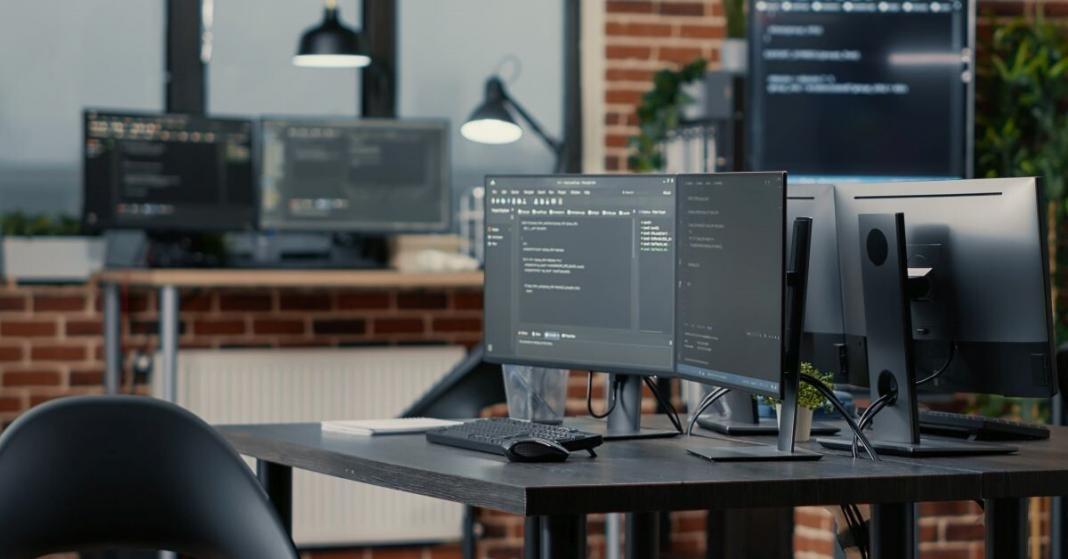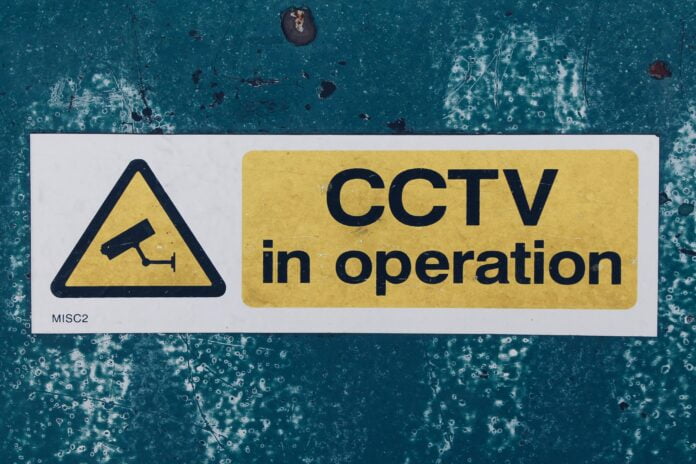The technology behind artificial intelligence (AI) is constantly improving, and these advancements are making their way into the world of programming and software development. With AI for software development, machines will likely automate many routine coding jobs over the next few years.
This blog outlines how artificial intelligence is changing traditional software development.
What programming problems can AI solve?
There are many reasons why programming is complicated. Often, it involves working with code others have created, which means that the original programmer may not be available to explain how the source code works. It may also include working with large amounts of code lines, making it difficult to understand what is happening at any particular moment.
Programming is also a creative task: rather than simply following standards, the developer has to decide what functions and instructions to write and how best to apply them. The programmer may also have to decide whether to change the code or if a different approach will better achieve this.
Here is another example: more features and functions added to the system also increase the number of lines in the code. This situation can cause problems as it becomes more complex for the development team to manage the vast codebase. It also means that if any parts of the program stop working or need urgent fixing, it can be challenging to locate and solve the problem.
AI can solve most of these issues. For instance, machine learning-enabled tools that write code for developers do not require the programmer to understand how the code works. AI could also make changes to the existing codebase as and when appropriate. Fewer software projects will fail as predictive analytics algorithms identify potential bottlenecks early and suggest immediate improvements.
How is AI being used in software development?
AI for software development is already improving how computer programs are designed, developed, and tested. This technology has typical applications to make software easier to create and test than ever before.
Here are a few use cases:
- Intelligent code completion. It is a vital part of modern development tools built by big software companies such as Microsoft, Amazon, and JetBrains. AI-powered code completion tools help programmers write code more efficiently and ensure that the code is up to specific standards. Examples: Kite, GitHub Copilot, PyCharm, AIXcoder, CodeWhisperer.
- Automatic code testing. When writing code, programmers need to ensure that it works correctly and that the right things are being done at all times. AI-enabled automated code testing helps developers test their work before submitting it for review by other developers or when making a software build. Examples: TestCraft, Applitools, DeepTest, Functionize, Testim.
- AI-assisted refactoring. Code refactoring is a critical activity in the software development process that involves reviewing and editing existing lines of code to make it more streamlined, maintainable, and reusable in the future. Refactoring can also apply to changes made within an application as a whole. Examples: IntelliSense, IntelliCode, Graph2diff, Jedi.
- Automated bug detection and fixing. While AI for software development is not a silver bullet that will automatically detect bugs within code and fix them, the technology can assist developers in finding more bugs and flaws in their code than they currently can. Examples: Ponicode, Clever-Commit, BugHerd, Sapienz, Bugzilla, Commit Assistant, Jira.
- Low-code development. With AI for software development, it is possible to build and design software and modules using visual tools and editors that are light on code but high on functionality and interactivity. Low-code, GUI-based environments are an alternative to traditional development methods, requiring software engineers to create code and add features manually. Examples: OutSystems, Airtable, Appian, Retool, Caspio.
- Code generators and ML APIs. With AI, there is also the option to create machine learning (ML) algorithms with pre-coded AI and code generators. OpenAI’s Codex is a good example. Codex offers developers a set of APIs (application programming interfaces) to code their ML solutions on top of it. Another example is Amazon CodeWhisperer which offers developers code recommendations in real-time.
The list above isn’t exhaustive, but it gives an idea of AI’s different use cases for software engineers. Of course, some of those applications require human input and judgment to be genuinely effective.
Will AI replace software developers?
Not in the observable future, but expect it to happen to some extent. AI for software development has yet to be at the stage where it can carry out all developer tasks. The technology will also need to improve its capabilities in creativity and innovation.
However, ignoring AI’s impact on software development would be unwise. In some sectors, such as healthcare, eCommerce, and banking, it is helping to improve operational efficiency. As more companies adopt AI-powered solutions, this tech will become the norm rather than the exception.
On the other hand, artificial intelligence could cause programming to become even more complicated than it currently is. Software developers will have to keep up with the pace of change and adopt new skills to fit in with the new model.
Wrapping up
Like any in-demand technology, AI is moving quickly, so there is always an opportunity cost. To keep up with AI demands, software engineers and developers must invest much time learning and applying the concepts to their workflows.
Artificial intelligence has limitations, so human developers must do many things, but some things are perfect for AI-based tools. This is not just about writing lines of code. It is more about identifying and solving problems that, with human brain power, would be incredibly difficult to achieve.
In the future, AI-enabled software tools will make developers’ lives easier. But will it replace the developer’s role? Perhaps not, but it will become more common to see a software project where a machine is a primary developer working alongside a human. Besides, software engineers will have to re-learn many core programming skills and take on board new programming languages compatible with AI tech.
You may want to read more,








This is a topic that’s close to my heart… Take care! Exactly where are your contact details though?